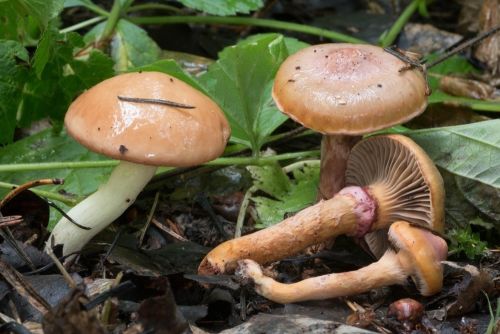Worm Castings: Perfect Natural Fertilizer for Gardens

In the ever-evolving world of sustainable gardening practices, the spotlight is increasingly turning toward organic and environmentally friendly solutions that not only nourish plants but also enrich the soil and contribute to a balanced ecosystem. Among these solutions, worm castings have emerged as a powerful and versatile tool. Often revered as "black gold," worm castings are the nutrient-rich organic byproducts of earthworms, created through a natural and fascinating process of digestion and decomposition. These castings are more than just a fertilizer—they are a complete ecosystem in themselves, teeming with beneficial microorganisms and essential nutrients that plants need to thrive. In this comprehensive guide, we will delve deeply into the science behind worm castings, explore their numerous benefits, and provide detailed instructions on how to effectively incorporate them into your gardening routine. Whether you're a seasoned gardener with years of experience or a novice just beginning your journey into the world of plants, understanding and using worm castings can revolutionize the way you care for your garden, leading to healthier plants, more vibrant blooms, and bountiful harvests.
The Science Behind Worm Castings
Worm castings, also known as vermicast, are produced by earthworms as they consume and digest organic matter such as decaying leaves, plant debris, and food scraps. This process begins when earthworms ingest organic material, which then passes through their digestive system. Inside the earthworm’s gut, the organic matter is broken down by a combination of mechanical grinding and enzymatic action, resulting in the decomposition of complex organic compounds into simpler forms. As the material moves through the worm’s digestive tract, it becomes increasingly concentrated with nutrients, including nitrogen, phosphorus, potassium, calcium, and magnesium, as well as a wide array of trace elements essential for plant growth. Additionally, worm castings contain humus, a stable form of organic matter that improves soil structure, water retention, and nutrient availability.
However, the benefits of worm castings extend far beyond their nutrient content. One of the most remarkable aspects of worm castings is their rich microbial life. During digestion, earthworms introduce beneficial bacteria, fungi, and other microorganisms into the castings. These microbes play a crucial role in the soil ecosystem, helping to break down organic matter further, making nutrients more available to plants, and suppressing harmful pathogens that can cause plant diseases. The presence of these microorganisms also helps to improve soil fertility by enhancing nutrient cycling, promoting root growth, and increasing the soil’s ability to retain moisture.
In essence, worm castings are a microcosm of a healthy soil ecosystem, packed with the nutrients and microorganisms that plants need to thrive. When added to your garden, worm castings not only provide a slow-release source of essential nutrients but also help to create a balanced and resilient soil environment that supports healthy plant growth and reduces the need for chemical fertilizers and pesticides.
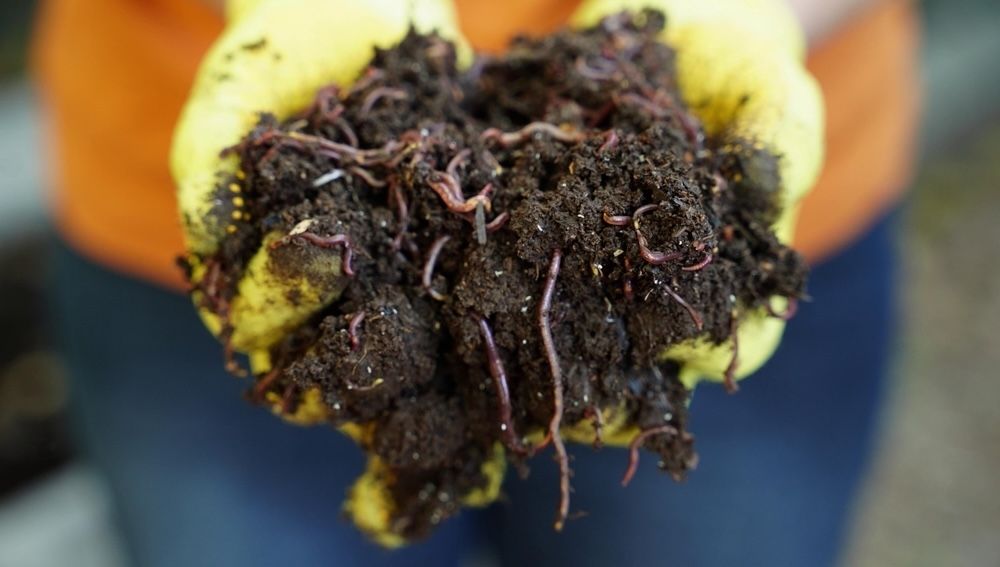
Key Benefits of Using Worm Castings
1. Nutrient-Rich Fertilizer
Worm castings are often described as a "complete" fertilizer because they contain all the major nutrients that plants need—nitrogen, phosphorus, and potassium—along with a range of micronutrients such as calcium, magnesium, and iron. What makes worm castings particularly valuable as a fertilizer is the form in which these nutrients are present. Unlike synthetic fertilizers, which can release nutrients too quickly and lead to nutrient imbalances or even plant damage, the nutrients in worm castings are released slowly over time as they are broken down by soil microorganisms. This slow-release action ensures that plants receive a steady supply of nutrients throughout the growing season, reducing the need for frequent applications of fertilizer and minimizing the risk of over-fertilization. Additionally, the organic matter in worm castings helps to buffer the soil, preventing nutrient leaching and maintaining a stable pH level, which is essential for optimal nutrient uptake by plants.
2. Improved Soil Structure
One of the most significant benefits of using worm castings in your garden is their ability to improve soil structure. Healthy soil is not just a medium for holding plants in place; it is a dynamic environment where roots interact with air, water, and nutrients. Worm castings contain humus, a stable form of organic matter that helps to bind soil particles together, creating a crumbly texture that is ideal for plant growth. This improved soil structure enhances aeration, allowing oxygen to reach plant roots, which is essential for healthy root development and overall plant vigor. At the same time, the organic matter in worm castings increases the soil’s ability to retain moisture, reducing the need for frequent watering and helping plants to withstand periods of drought. Furthermore, the improved soil structure facilitates better drainage, preventing water-logging and reducing the risk of root rot and other moisture-related issues.
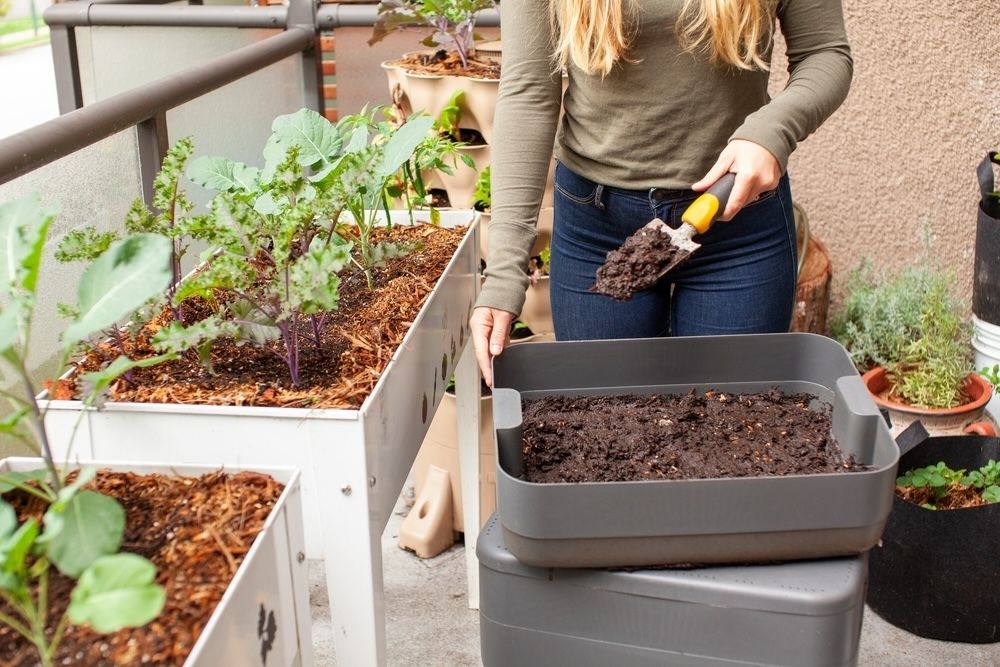
3. Enhanced Microbial Activity
Soil health is largely determined by the diversity and activity of the microorganisms that live within it. These microorganisms play a critical role in breaking down organic matter, cycling nutrients, and maintaining a balanced soil ecosystem. Worm castings are a rich source of beneficial microbes, including bacteria, fungi, actinomycetes, and protozoa, which contribute to soil fertility and plant health. When worm castings are added to the soil, these microbes colonize the root zone, creating a protective environment around plant roots that enhances nutrient uptake and helps to suppress soil-borne diseases. The presence of these beneficial microbes also promotes the formation of symbiotic relationships between plant roots and mycorrhizal fungi, which can further increase nutrient availability and improve plant resilience to environmental stresses. By boosting microbial activity in the soil, worm castings help to create a vibrant and dynamic soil ecosystem that supports healthy plant growth and reduces the need for chemical inputs.
4. Natural Pest and Disease Control
In addition to their role in enhancing soil fertility and plant health, worm castings can also help to protect plants from pests and diseases. The beneficial microorganisms in worm castings produce natural antibiotics and enzymes that can inhibit the growth of harmful pathogens, reducing the incidence of soil-borne diseases such as damping-off, root rot, and powdery mildew. Moreover, worm castings have been shown to deter certain pests, such as aphids, whiteflies, and spider mites, by creating a hostile environment for these insects. This natural pest control action is particularly valuable in organic gardening, where the use of chemical pesticides is minimized. By incorporating worm castings into your garden, you can reduce your reliance on chemical pest and disease controls, creating a safer and more sustainable growing environment for your plants.
How to Use Worm Castings in Your Garden
Soil Amendment
Before planting, you can improve the quality of your soil by mixing worm castings into the top few inches of soil. This can be done in garden beds, containers, or raised beds. Depending on the condition of your soil, you can add anywhere from 10% to 30% worm castings by volume. This will enhance the nutrient content of the soil, improve its texture, and increase its water-holding capacity. For established gardens, worm castings can be incorporated into the soil during routine cultivation or as part of a seasonal soil improvement program.
Top Dressing
Worm castings can be applied as a top dressing around the base of plants throughout the growing season. This method is particularly effective for perennial plants, shrubs, and trees that require a steady supply of nutrients over a long period. To apply worm castings as a top dressing, simply spread a thin layer (about 1/4 to 1/2 inch) of castings around the base of the plant, being careful not to disturb the roots. The nutrients in the castings will gradually seep into the soil as they are watered in, providing a slow-release source of nutrition that can help boost plant growth and improve overall plant health.
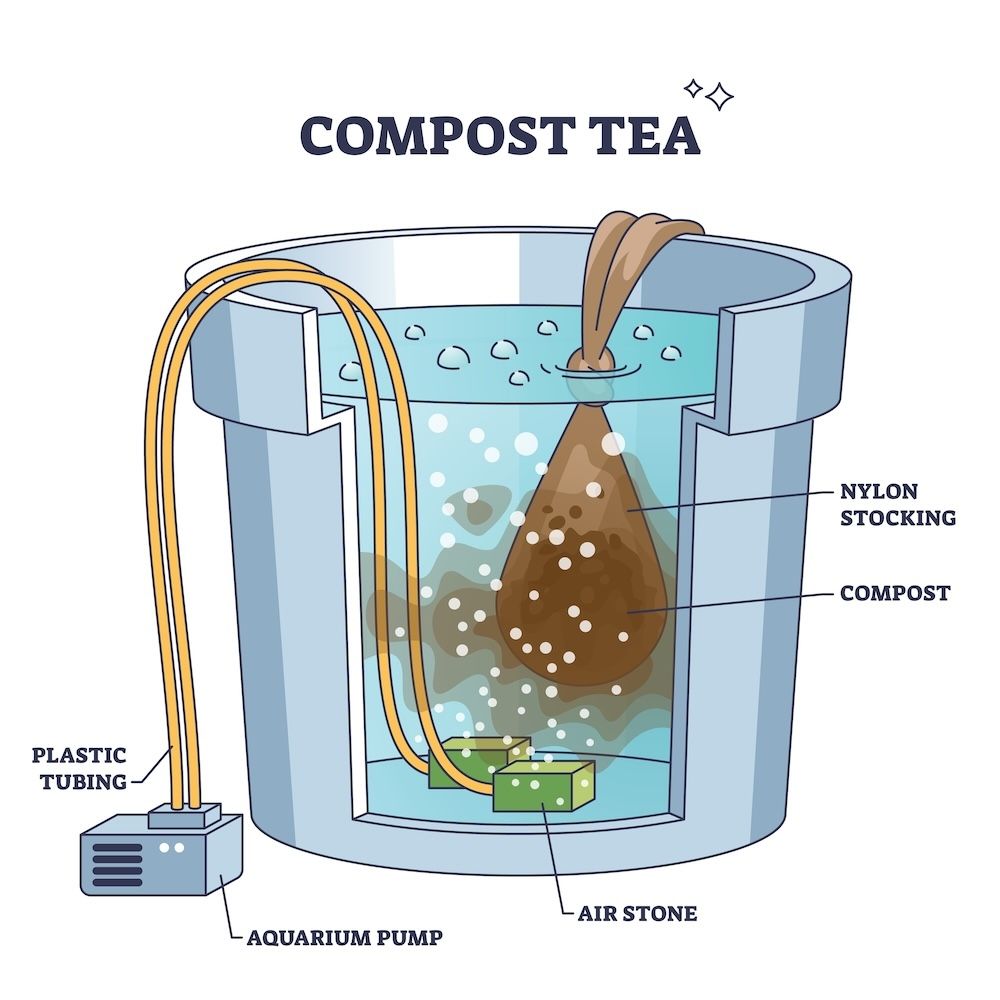
Compost Tea
One of the most versatile and effective ways to use worm castings is to make compost tea, a nutrient-rich liquid fertilizer that can be applied to plants as a soil drench or foliar spray. To make compost tea, place about one cup of worm castings in a permeable bag (such as a burlap sack or a fine mesh bag) and steep it in a five-gallon bucket of water for 24 to 48 hours, stirring occasionally. The resulting liquid can be diluted with water (at a ratio of about 1:10) and applied to plants as needed. Compost tea made from worm castings not only provides plants with an immediate nutrient boost but also introduces beneficial microorganisms that can help to protect plants from diseases and pests.
Conclusion
Incorporating worm castings into your gardening routine is one of the most effective ways to improve soil health, enhance plant growth, and promote sustainable gardening practices. Whether you’re looking to increase the yield of your vegetable garden, improve the health of your ornamental plants, or create a more resilient and balanced garden ecosystem, worm castings offer a natural and powerful solution. By understanding the science behind worm castings and learning how to use them effectively, you can unlock the full potential of this remarkable natural fertilizer, leading to a more vibrant and productive garden. As you continue to explore the world of organic gardening, consider making worm castings a cornerstone of your gardening strategy, and watch as your garden flourishes with health and vitality.
Check more articles on our blog
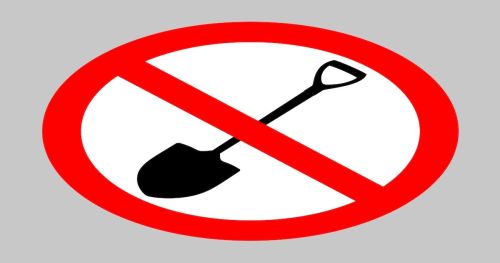
Unlocking the Secrets of No-Dig Gardening
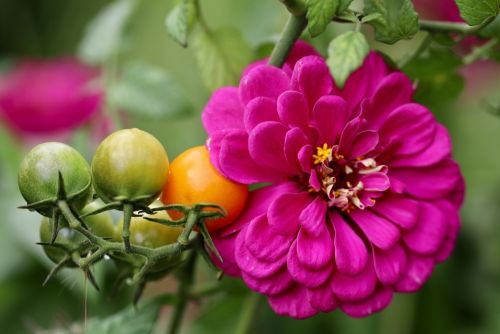
Maximizing Yield with the Science Behind Companion Planting
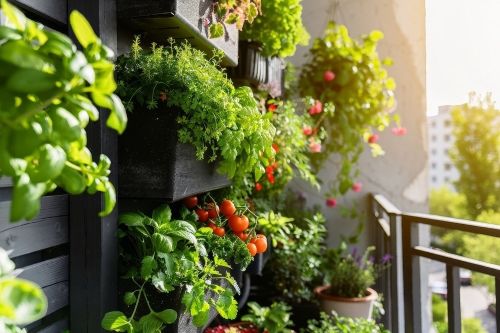
Maximizing Garden Efficiency with Vertical Gardening
